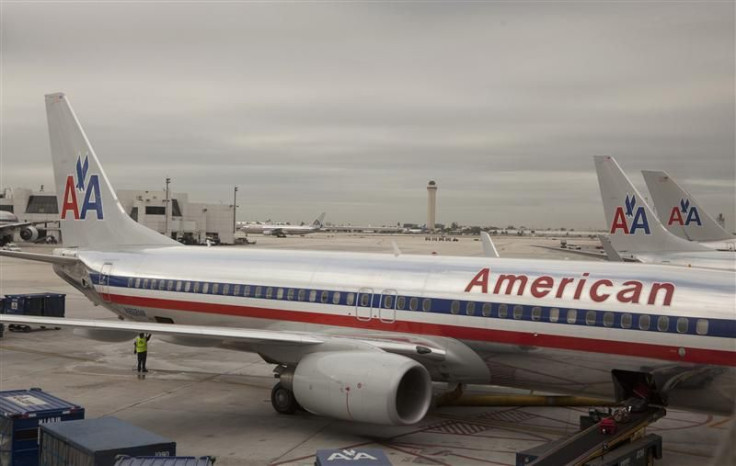AMR Bankruptcy, Eurozone Crisis Causing Turbulence for Aircraft Lease Sector
Potential aircraft glut could also lead to rough landing

This week’s bankruptcy of American Airlines parent AMR Corp. (NYSE:AMR), in which the company stated it would be seeking to renegotiate or cancel some of its current aircraft leases, is only one of the latest headwinds to buffet the aircraft financing industry that underpins the air transport industry as we know it today.
Aircraft are expensive. In order to be able to expand capacity without taking the financial risk involved with owning a plane outright, nearly every airline in the world leases some or all of the airplanes in their fleet. Large banks, specialized finance companies and even other airlines commonly step up as lessors, serving a niche market that, according to an industry group, will amount to $75 billion in revenues this year.
The bankruptcy of AMR Corp., however, has thrown a wrench into the business model’s engine, as the company basically stated it reserves the right not to honor any previously agreed-upon lease payment schedules, while at the same time letting the lessors know it will likely pursue legal action if any of them attempt to repossess their planes.
In a letter to aircraft lessors, lenders and trustees posted on AMR's website, Beverly K. Goulet, the company's treasurer and vice president of corporate development, noted plainly that AMR cannot afford to retain all the aircraft currently in the American and American Eagle fleets at their current rates and had no choice but to make substantial reductions in the cost of the aircraft which we retain.
Fitch Ratings, the Wall Street research firm, has estimated unsecured creditors, including those with lease-related claims against AMR, will likely receive less than 10 cents on every dollar claimed.
The AMR bankruptcy is not the only current development making the industry go through some turbulence. The European banking crisis that has dragged on for most of the summer has also been a cause for concern, as certain major players have exited the financing arena.
Leasing transactions are normally carried out in U.S. dollars, which certain European banks have had difficulty snapping up during the summer. To solve their liquidity problems, some banks have decided to leave the lease financing industry altogether, selling any stakes they have on the actual planes. Such is the case, for example, of French giant Societe Generale, which announced today it was halting its aircraft and ship leasing businesses.
Finally, the leasing market faces issues from what some predict will be a coming collapse in the price of aircrafts. Over the past few years, Boeing and Airbus, the two main aircraft manufacturers in the world, have been taking order after record order, as airlines rush to update their fleets to achieve maximum fuel efficiency. Spurred by cheap, sometimes government-sponsored, loans, they have created what some see as a new airplane glut. Combined with the growing profile of lower-cost Chinese competitor Comac, there is a possibility that the cost of commercial aircraft could drop significantly, undermining the very reason the leasing industry exists.
For now, the industry will just have to fasten its seatbelt and get ready for the bumpy ride.
© Copyright IBTimes 2024. All rights reserved.



















